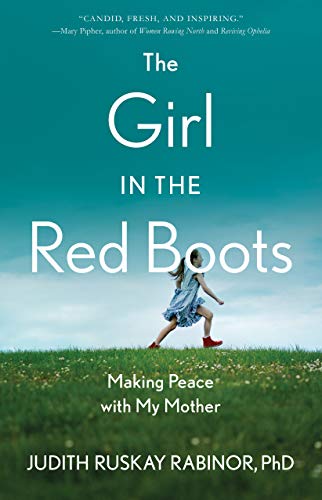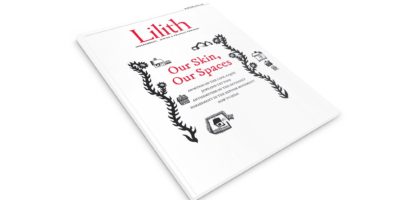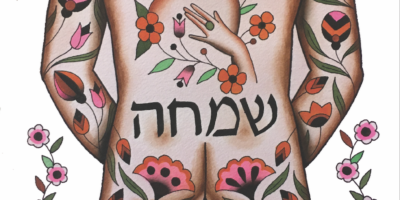
Transforming Mother Wounds into Gifts
Early in The Girl in the Red Boots [She Writes Press, $16.95], Judith Ruskay Rabinor describes a childhood medical trauma: waking from surgery to learn her mother hadn’t told her beforehand the procedure would occur; instead, she’d been she was going to a birthday party! However, Rabinor holds the nuance: her mother’s hope was to protect her child from worry. Yet this approach led to a more intense kind of terror—awakening alone in a hospital room.
Throughout The Girl in the Red Boots, Rabinor uses her psychotherapy lens and psychotherapy practice to explore her own mother-daughter dynamic, excavating memories, some even traumatic, and names for the reader the highly relatable injury of misattunement by one’s mother. Rabinor, who is an eating disorder expert and runs work- shops for therapists exploring their own mother/daughter relationship, has spe- cialized in this mother-daughter dynamic for the past 40 years. Rabinor outlines, through professional examples and per- sonal memoir, not only how to identify sore spots of one’s own relationships but also how to heal, rebalance and come to peace with maternal disappointments.
Through anecdotes and her own work with a therapist, Rabinor lays out the essential missing ingredient in her mother-relationship: lack of a genuine empathic presence. In an effort to soothe Rabinor as a child, her mother dismissed painful emotions with the refrain, “It hurts now, but you’ll get over it.” Rabinor writes with evocative beauty and depth about the impact of this dismissal and how it left her alone in her suffering. Later in the book, Rabinor explores her mother’s secret-keeping, including, at the time of her father’s dying of cancer, the secret of her mother’s longtime affair. This was followed by the request to her daughter soon after her father’s death to host a wedding in Rabinor’s apartment, which the daughter obligingly agrees to.
These gritty truths may be enough to make a satisfying and insightful read, one that can shed light for readers on their own mother/daughter dynamics. However, Rabinor does more than cri- tique her mother, and this is the true gift of this writing. So often, parental figures are vilified. Not here. Rabinor balances the keen eye of clinical training with empathy for her mother. Rabinor pivots into compassion, as a model and imperative to the reader in how to hold one’s own mothering disappointments. In a mother-daughter workshop for therapists, Rabinor tells participants: “Ambivalence is a part of all healthy, close relationships.” Rabinor’s revelatory move is in her declaration that ambivalence and disappointment are wounds that can be turned into gifts of appreciation.
In contextualizing her mother, Rabinor ultimately forgives her, holds grace for her, and understands the “danger of a single story.” Through example, she shows us how she shed her single story of disappointment in her mother’s limiting traits, and in its place cultivated gratitude and perspective, and used the tool of grief in her mother’s death to rebalance her appreciation for her mother’s imperfections. She accesses a deeper truth that all relationships hold imperfections, that the mothering relationship is one of inherent imperfection, and in this way Rabinor finds compassion for her mother and a capacity to embrace her memory.
One last gift in this book: there are therapeutic exercises between chapters, directives for the reader to practice as she copes with her own mother/daughter rela- tionship. Like the narrative itself, these exercises hold creativity, appreciation of the gifts amidst the darker wreckage, and ultimately a way to internalize a more peaceful version of the mothering relationship.
ILANA KRAMER is a writer and therapist in Berkeley, California.




